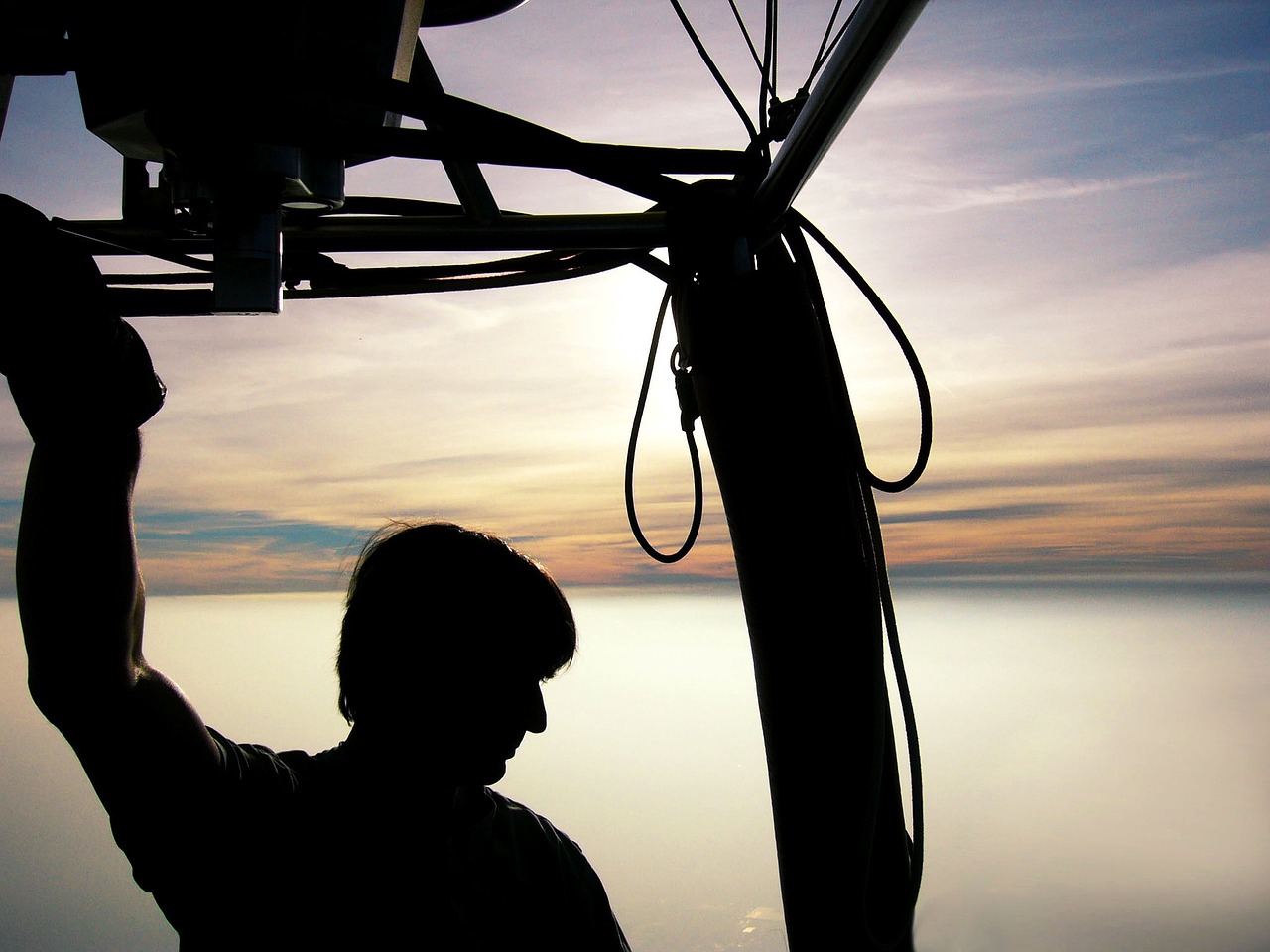It’s the forbidden fruit, the dream job someone else landed, or the romantic “what if” that never quite worked out. There’s something about wanting what we can’t have that hooks us every time. It’s universal, frustrating, and, if we’re honest, a little addictive.
But why do we do this to ourselves? Why is the grass always greener somewhere else? And more importantly, how do we break free from this cycle? Let’s explore the psychology behind our endless chase for the unattainable—and how to find peace with what we already have.
The Psychology of Wanting What’s Out of Reach
Humans are wired to crave. From survival instincts to societal pressures, our brains have evolved to want more—more resources, more opportunities, more of whatever seems scarce. When something feels out of reach, it becomes even more enticing.
Psychologists call this “reactance”—the idea that when something is off-limits, we desire it more simply because it’s restricted. Think about it: when someone says you can’t do something, doesn’t that make you want to prove them wrong? The same principle applies to wanting things you can’t have.
Why the Grass Always Looks Greener
Social media and comparison culture pour gasoline on this fire. When you scroll through Instagram and see someone vacationing in Bali, living in a minimalist dream home, or achieving career milestones, it’s hard not to think: “Why not me?”
But here’s the kicker: the grass isn’t actually greener. It’s just filtered. What you’re seeing is a curated snapshot, not the whole picture. The person with the Bali trip probably stressed over money to get there. The minimalist dream home might be lonely. And the career milestone could have come at the expense of work-life balance.
The truth? Nobody has it all, even if it looks like they do.
The Chase vs. The Reality
There’s also a gap between the idea of something and its reality. We idealize what we can’t have because it’s untested. That dream job seems perfect because we’re not the ones dealing with its daily stresses. That romantic “what if” feels magical because it never had to face the mundane challenges of a real relationship.
Our minds fill in the blanks with perfection, creating an illusion that reality can’t compete with.
How to Stop Obsessing Over What You Can’t Have
If you’re stuck wanting something unattainable, you’re not alone. But it doesn’t have to control you. Here are a few ways to shift your mindset:
1. Recognize the Fantasy
Acknowledge that the thing you’re chasing might not be as perfect as it seems. Ask yourself: “Am I idealizing this because I can’t have it?” Often, just naming the fantasy helps take away its power.
2. Focus on What You Can Control
There’s a difference between wanting something and working toward it. If your goal is within reach, create a plan to pursue it. But if it’s truly unattainable, redirect that energy toward something meaningful that’s already in your life.
3. Practice Gratitude
The antidote to wanting more is appreciating what you already have. Start small: write down one or two things you’re grateful for every day. Over time, this practice shifts your focus from what’s missing to what’s present.
4. Be Honest About Your Why
Why do you want this thing? Is it because it aligns with your values, or is it because society, friends, or social media told you it’s important? Understanding your “why” can help you determine if the desire is worth holding onto.
5. Reframe Scarcity
Instead of thinking, “I can’t have this, so I’m missing out,” try saying, “I have enough.” Contentment isn’t about having everything; it’s about feeling fulfilled with what’s already yours.
Finding Peace With What You Have
It’s okay to dream, to set goals, and to aspire for more. But when the chase becomes all-consuming, it’s a sign to pause. Life isn’t about having it all—it’s about appreciating what you already have while working toward what truly matters.
So the next time you catch yourself yearning for what’s just out of reach, ask yourself: Is this really what I need? Or am I just caught up in the idea of wanting more?
Because sometimes, the grass is greenest right where you’re standing. You just have to notice it.





